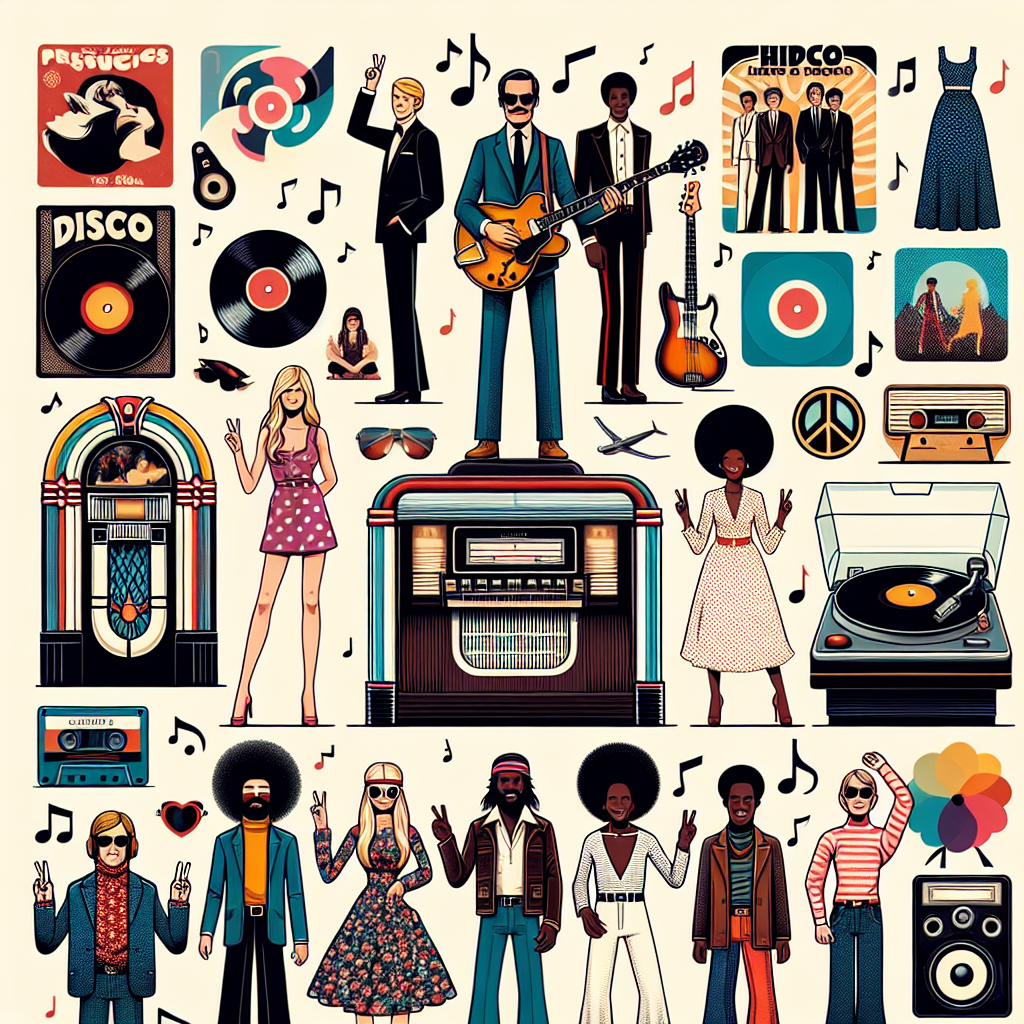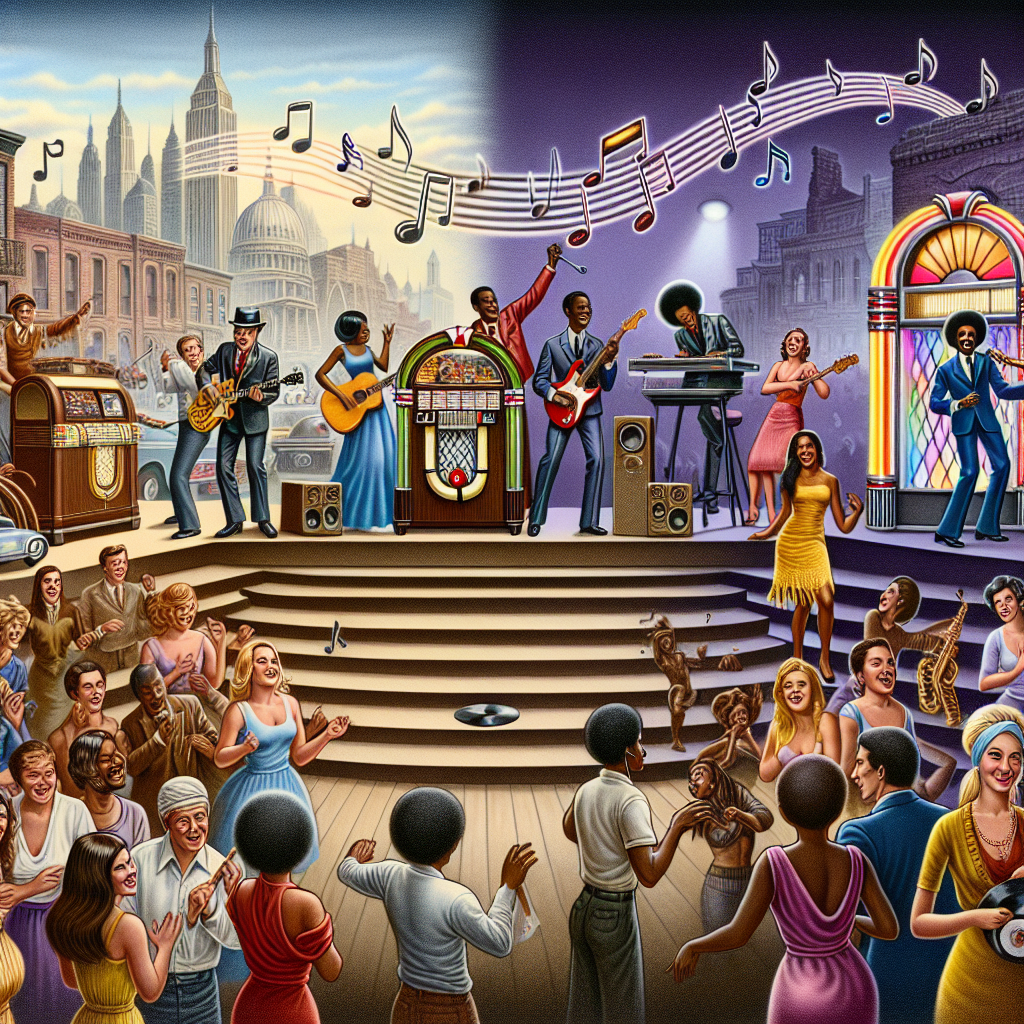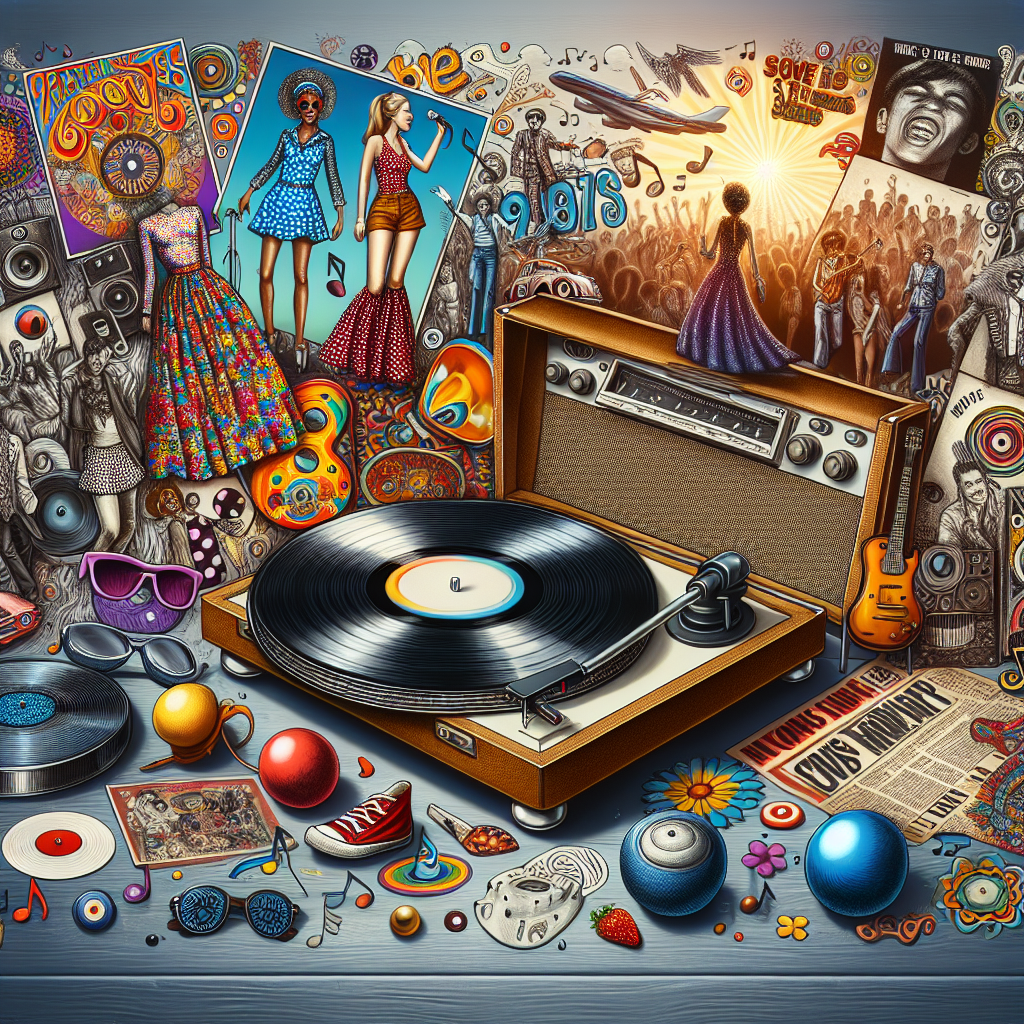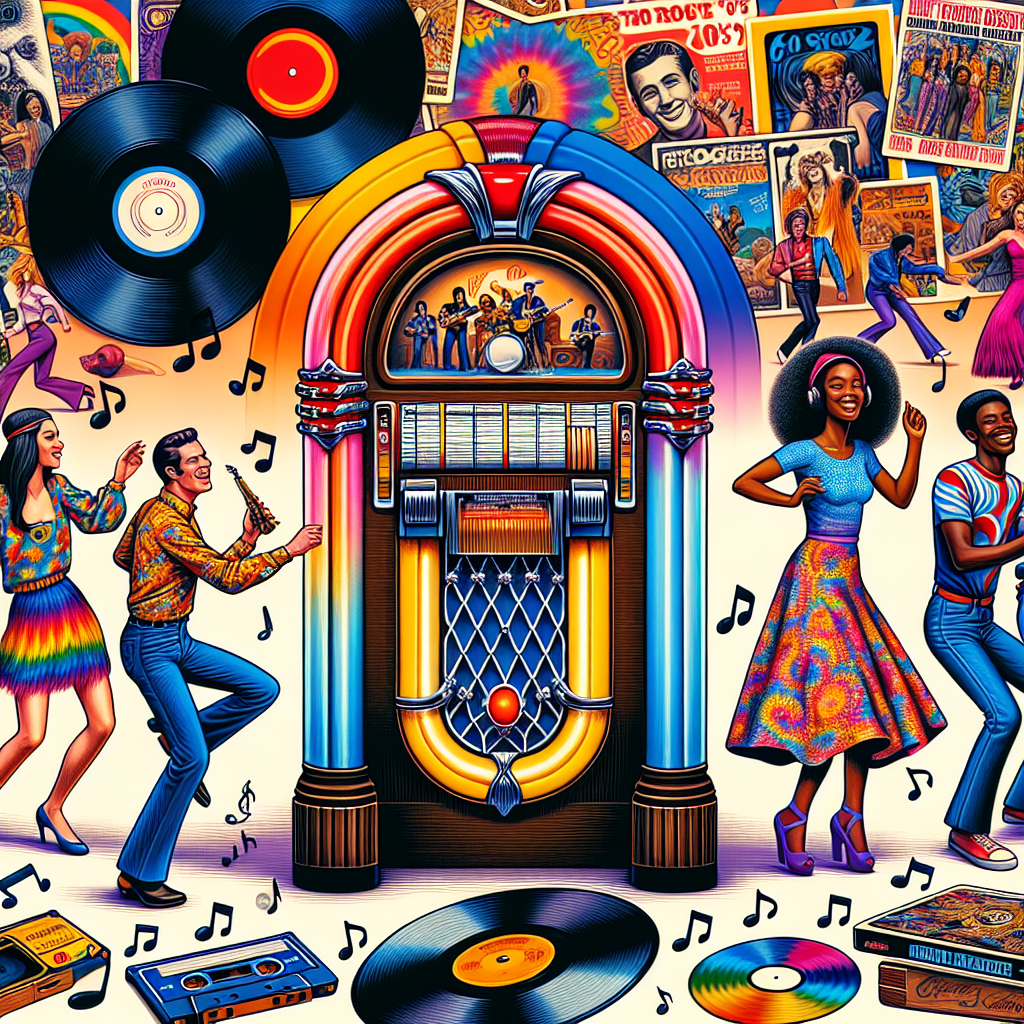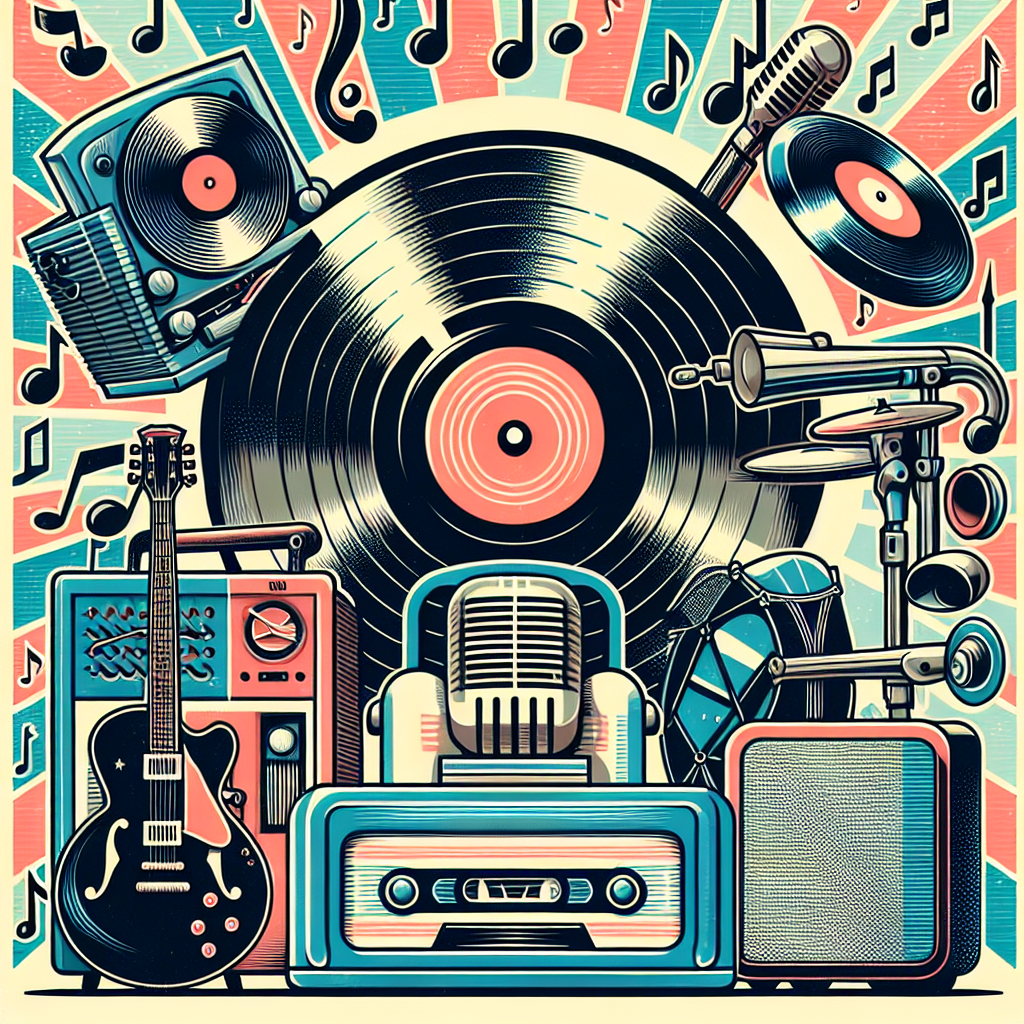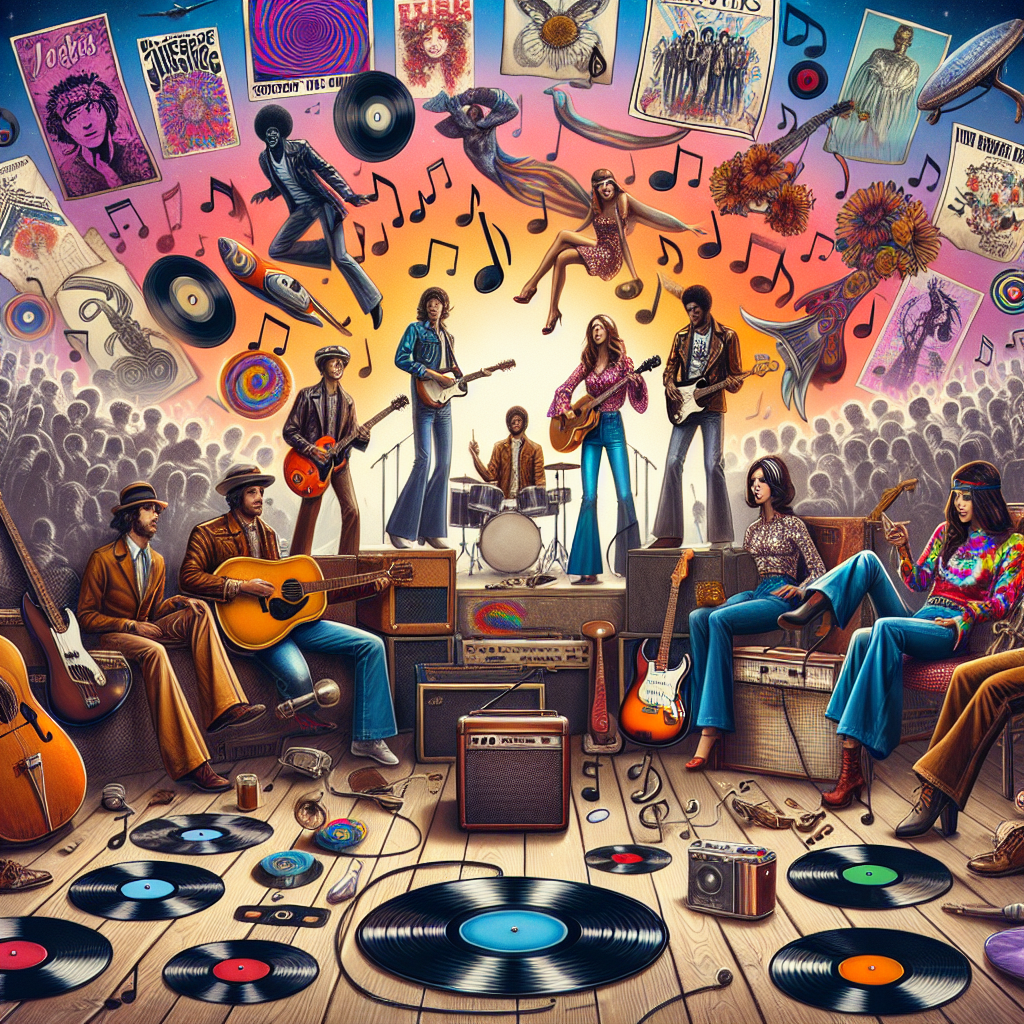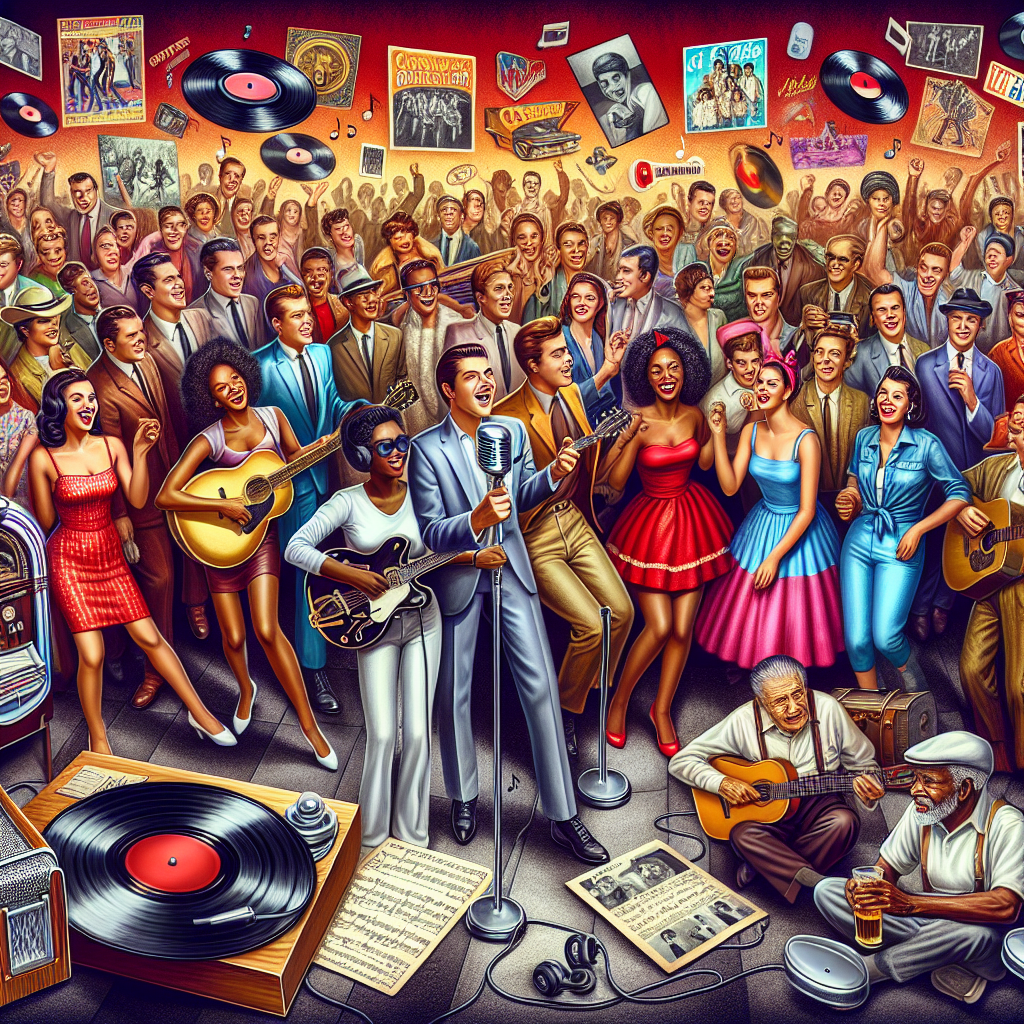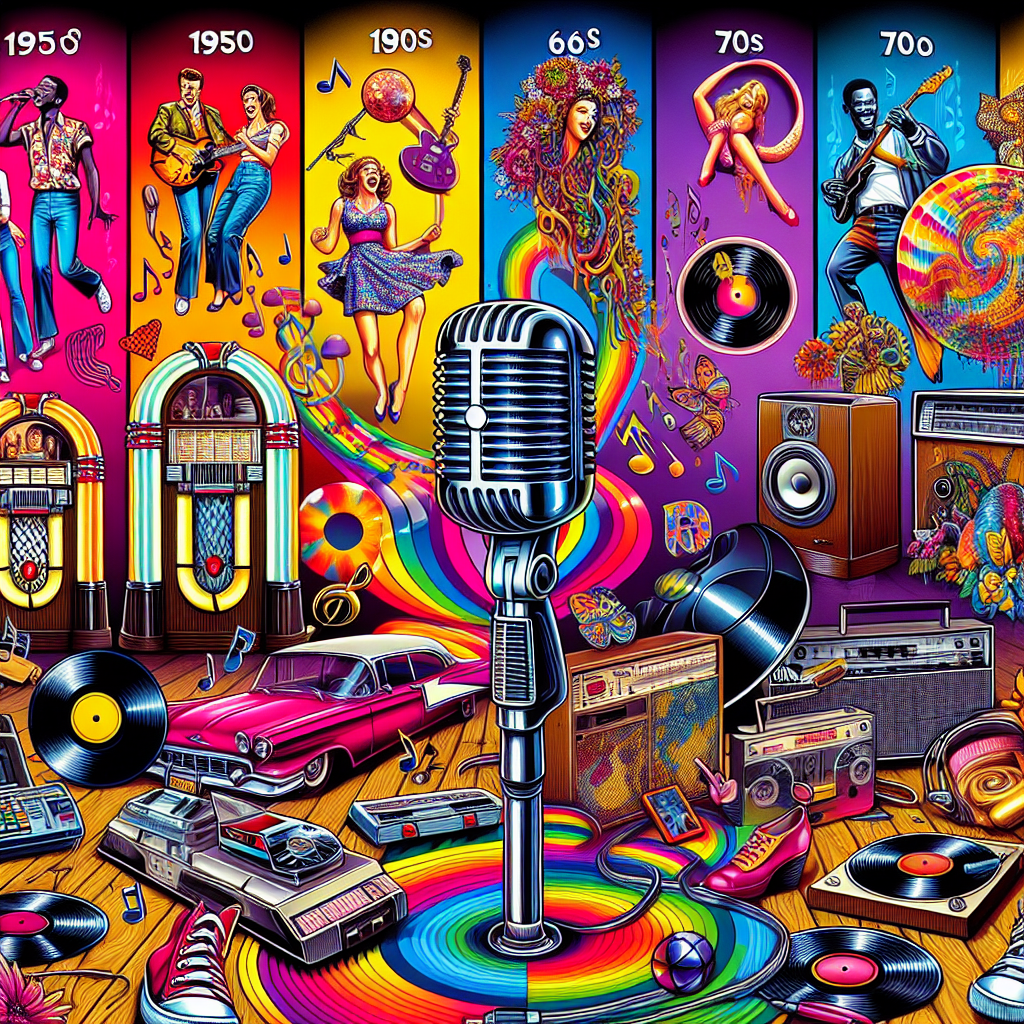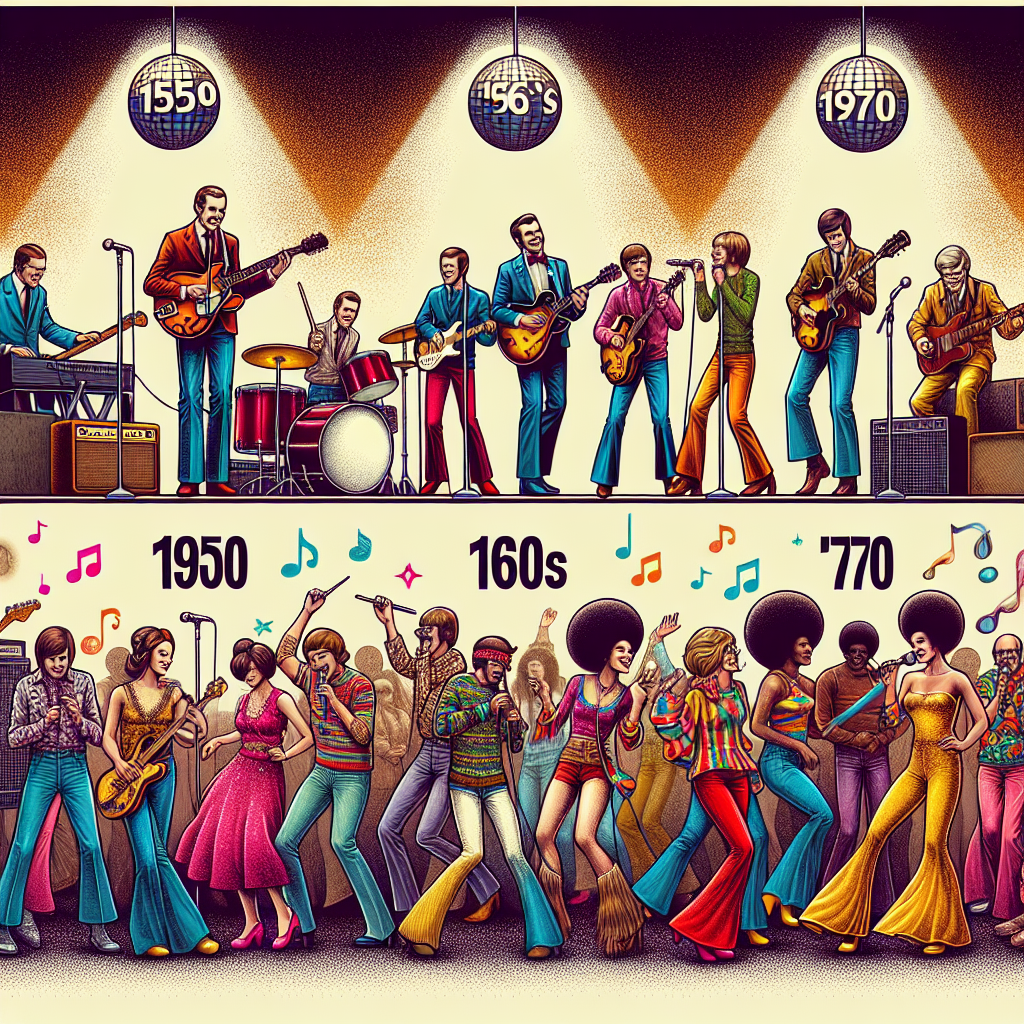The 1960s was a decade of immense change and revolution in various aspects of society. One of the most notable changes during this time was the rise of psychedelic rock music. Bands like The Beatles and Pink Floyd were at the forefront of this movement, blending traditional rock elements with experimental sounds and lyrics that reflected the counterculture of the era.
Music has always been a reflection of culture, and in the 60s, it was no different. The political climate at the time was tumultuous, with protests against the Vietnam War and calls for civil rights dominating headlines. Psychedelic rock provided a soundtrack to these movements, with songs like “Revolution” by The Beatles and “Another Brick in the Wall” by Pink Floyd becoming anthems for social change.
But it wasn’t just the lyrics that set psychedelic rock apart from other genres. Musically, bands like The Beatles and Pink Floyd pushed boundaries with innovative use of technology. They experimented with new recording techniques, incorporating elements like tape loops and feedback to create a sound that was truly unique.
And let’s not forget about fashion. The 60s were all about breaking free from traditional norms, and psychedelic rock bands embraced this ethos wholeheartedly. Their fashion choices were bold and colorful, reflecting the vibrant energy of their music. From paisley prints to bell-bottom jeans, these bands weren’t afraid to stand out.
Technology also played a key role in the rise of psychedelic rock. Advances in recording equipment allowed bands to explore new sonic territories, creating lush soundscapes that transported listeners to otherworldly realms. This sense of escapism was particularly appealing during a time when many people were looking for an escape from reality.
Overall, the rise of psychedelic rock in the 60s represented a shift in both music and culture. Politicians may have been wary of its influence, but for many young people, it was a breath of fresh air. It offered a form of expression that was free from constraints, allowing them to explore new ideas and push boundaries.
Today, we can look back on this era with nostalgia and appreciation for what bands like The Beatles and Pink Floyd achieved. Their music has stood the test of time, continuing to inspire artists across genres. And while we may never experience another cultural moment quite like the 60s again, we can take comfort in knowing that its legacy lives on through the power of music.
